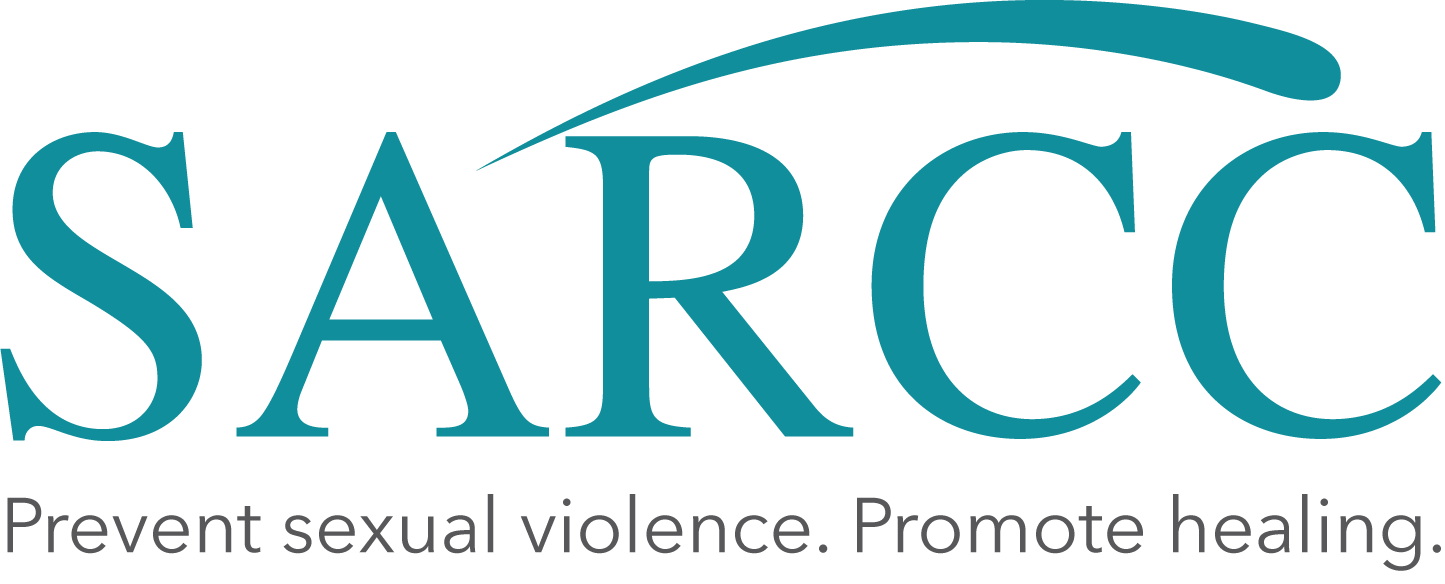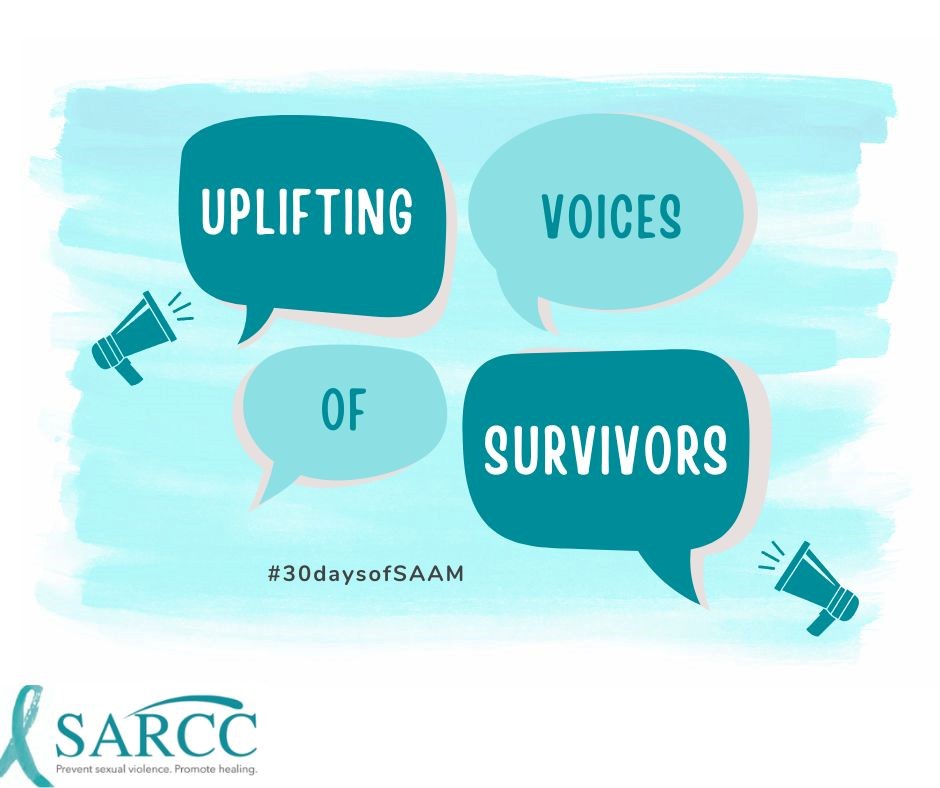One thing that sets humans apart from the rest of the animal kingdom is our ability to pass down stories.
Whether positive or negative, we have all told and heard stories. We read novels and comic books. We watch movies. We play video games. We go on social media and read posts. We scroll through TikToks. And when we listen to these stories, we nod and empathize and feel and love and hate and relate. We are story listeners as the storytellers make a connection to us.
From something minimal like retelling a partner a story of what happened at work or reminiscing about a childhood story to writing epic fictional series, we are also storytellers. We share our stories to empathize and feel and love and hate and relate. We are storytellers as the storylisteners make a connection to us.
When we uplift the voices of survivors, we uplift our own voices.
We love stories because they give us context to the present. When we share information about the past we reflect where we are now and where we want to go.
When we uplift the voices of survivors, we uplift our own voices.
But what do stories need? Besides the cast of characters, plot, setting–all those elements we learned in literature classes over the years–stories need voices.
When you were a child, someone probably read to you in different character voices. When you read your favorite book, you can imagine the tone of characters. When you watch a movie, you notice that the hero is firm when assertive but gets breathy and low when feeling defeated.
When we uplift the voices of survivors, we uplift our own voices.
When we uplift the voices of survivors, they become the main character in their story. They receive the validation that their story matters. It gives survivors the needed context of how the past has shaped their present. It gives survivors the needed context to understand that their past and present does not always dictate their future.
When we uplift our own voices, we uplift the voices of survivors.
When we uplift the voices of survivors, we uplift our own voices.
One of the most impactful things I’ve ever heard was when you advocate for the rights of the margins of the marginalized, you ensure your rights, too. It was an “ah ha” moment for me as an advocate, as a person, and as someone who feels strongly about social justice issues.
When we uplift the voices of survivors, we uplift the voices of those who were silenced.
Remember a time when you were told to shut up? Or a time that you were shut down from voicing your opinion even more? Or a time when you weren’t even allowed to speak your mind about a situation?
You probably sat on your hands. If you protested, you were shut down even more. You were bubbling with joy or rage and sadness and you were told, “Nope. You can’t share that. Not only do you need to stay silent, you need to pretend that you don’t have those feelings.”
I have clients who come in and apologize for their emotions all the time. I thank them for their apologies but tell them it’s unnecessary. I want to hear your anger. I want to hear your happiness. I want to hear the stories you’ve wanted to tell for decades but were never able to share. When we uplift the voices of survivors, we uplift the stories of all



